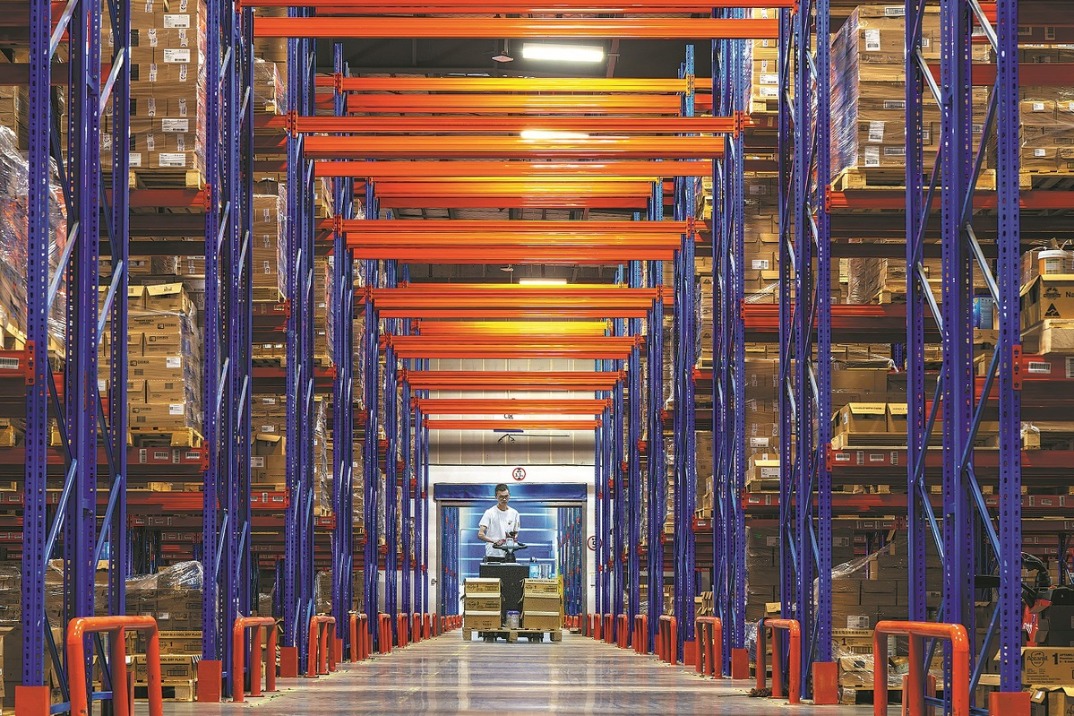China-Europe train lifts trade
Freight service departs on 100,000th run, a major milestone


The China-Europe freight train service, a calling card of the Belt and Road Initiative, reached a major milestone on Friday, with the departure of the 100,000th train service, according to China State Railway Group, which manages and oversees the service.
At 10:20 am on Friday, the X8083 train, traveling from Chongqing to Duisburg, Germany, departed from Tuanjiecun Station in Chongqing, marking the historic moment.
With this milestone, the China-Europe freight train has now transported over 11 million TEUs of goods, valued at more than $420 billion.
Since its launch in 2011, the service has significantly transformed global trade, fostering enhanced connectivity between China and Europe. The service has also maintained a strong record of safe, stable and efficient operations, becoming a vital part of the international logistics system.
Between 2016 and 2023, the service witnessed an almost tenfold increase in operations, with annual train numbers rising from 1,702 to over 17,000.
Liu Bori, head of international railway business for overseas regions of SF Express Delivery Business Group, which has been transporting goods via the China-Europe freight train since 2020, noted the significant benefits of the service.
"The China-Europe freight train service offers a perfect balance of speed, cost and reliability," Liu said.
Liu's company primarily transports a wide range of goods, from clothing and electronics to automotive parts, furniture and machinery. In total, more than 8,000 containers have been shipped, with a value exceeding 1.6 billion yuan ($221.3 million).
Liu also noted that one of the key reasons for choosing the rail service is its efficiency and cost-effectiveness.
"The main advantage of the China-Europe freight train is its fast transport times. A sea shipment from China to Europe usually takes about 35 days, but the rail service reduces that to just 20 days," Liu said. "The train network is less affected by weather or port congestion, making it a more reliable and stable option for cross-border trade."
The network of the China-Europe freight train service has expanded rapidly from its initial routes into a fully integrated network covering most of the Eurasian region. The service now operates in 25 European countries, reaching 227 cities, and in 11 Asian countries, spanning over 100 cities.
The continued success and expansion of the China-Europe freight train service are set to play a key role in shaping the future of international trade. With increasing demand for efficient and reliable logistics solutions, the service promises even greater potential for collaboration and growth in the years ahead.





































